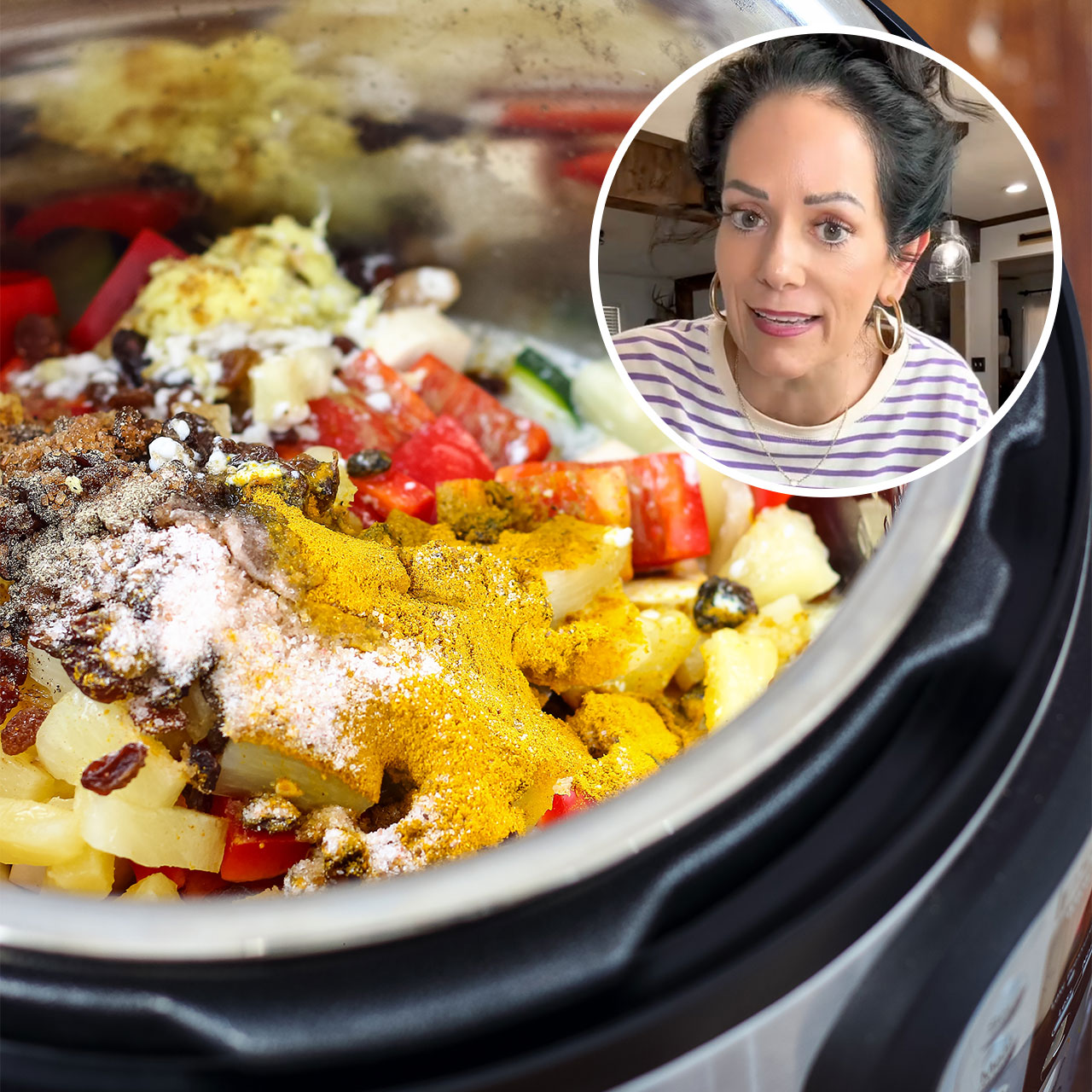This is an archived article and the information in the story may be outdated. Please check the time stamp on the story to see when it was updated last.
We often hear about inflammation being at the source of many health issues. But did you know that not all inflammation is bad? Short term inflammation is your body’s way of protecting itself from outside invaders, like bacteria and other illnesses. The circumstance under which it becomes a threat is when your body is in an inflamed state for too long. When left unchecked, chronic inflammation could lead to heart disease, leaky gut, and even cancer.


Your diet and lifestyle can also make chronic inflammation worse, which is why it’s important to know what foods and environmental aspects can worsen chronic inflammation. Just as important is knowing what foods can help—lowering inflammation in your body starts with a healthy diet. Sometimes managing a busy calendar can make it hard to get all the right foods, so it’s easier to know which foods you should focus on. What is one of the best foods you can be eating to reduce inflammation in the body? We asked Nina Zorfass of the Institute of Integrative Nutrition.
According to Zorfass, one of the best foods to eat are Omega-3 fatty acids. “These polyunsaturated fatty acids help combat the production of interleukin-6 (IL-6), a proinflammatory cytokine responsible for creating an out-of-control inflammation response in the body; omega-3 fatty acids can be found in salmon, mackerel, avocado, nuts, and seeds.” Salmon is also a good source of protein, and high quality protein is helpful in reducing inflammation as well.

Additionally, dark, leafy greens are worth adding to your diet. “Greens such as spinach, kale, collard greens, and Swiss chard are rich in antioxidant vitamins A, C, E, and K and full of fiber to protect your gut health and decrease inflammation.” Zorfass says. Putting an assortment of leafy greens in a salad or soup is a great way to get more of them in your diet. Zorfass also recommends cruciferous vegetables, fruits, and whole grains as anti-inflammatory foods to enjoy too.
What are some lifestyle aspects that can make inflammation worse? Lack of exercise, smoking and drinking, certain medications, and processed foods can all raise levels of inflammation in the body. Making sure you’re exercising regularly, reducing alcohol and nicotine consumption, and reviewing the medications you take can be helpful in reducing any inflammation. Also, finding ways to cope with stress and getting quality sleep are important components. Making sure you’re leading a balanced lifestyle and eating well are all things you should do to reduce inflammation in your body and invest in your health longterm.


























